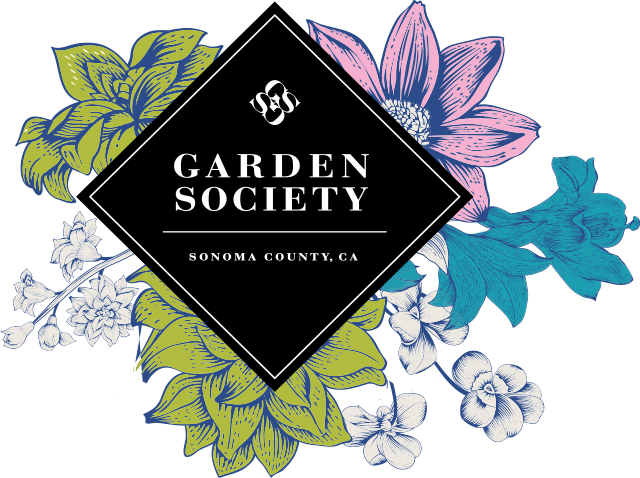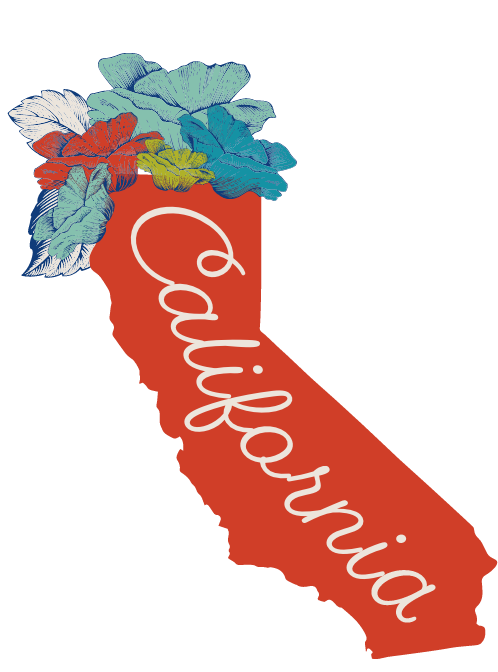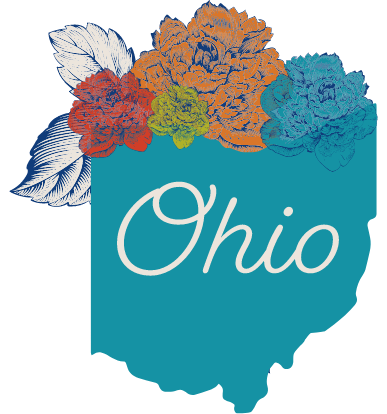
Five Questions with Jenn Procacci of WildLand Cannabis
Posted: March 17th, 2021
Love “The Remedy” flower strain in our Calm & Focus pre-rolls? We do too, and we love even more that it’s grown by our friend Jenn Procacci—an artist, cannabis cultivator, and community advocate. She is co-owner and co-operator of WildLand Cannabis, board member of the Arts Council of Mendocino County and the Round Valley Growers Cooperative, and a proud member of Covelo Cannabis Advocacy Group, Mendocino Cannabis Alliance, and Mendocino Generations. Procacci is also the host of The Cannabis Hour, a biweekly radio program on community radio station KZYX+Z, which broadcasts out of Philo, CA. She came to Mendocino county by chance in 2007, from Philadelphia, and fell completely in love with the wild beauty and rugged way of life, never having seen a cannabis plant or having heard of the Emerald Triangle. Procacci is now the co-owner and head of cultivation of WildLand Cannabis, located on 10 wild acres adjacent to the Mendocino National Forest. Cannabis cultivation marries her passion for science based process with chaos and creativity in the ultimate collaborative art project with the earth and the essence of life herself. At WildLand, she uses sustainable and regenerative farming practices to grow and preserve unique heritage strains from Mendocino county. Procacci is passionate about promoting, supporting and bringing visibility to women in farming, particularly female cannabis cultivators.
What brings you the most joy in working with cannabis?
I love people, working with others, and being in community, so collaborating with other farmers and being a part of our tight knit cannabis community brings me deep joy. Physically laboring to sustain my life, and the life of the plants that I am in relationship with, fulfills me on a primal level. Farming cannabis the way we do, off grid, in the ground, in a wild environment, in native soil, on a mountainside, is certainly not the easiest logistically. There are days that I find myself dreaming of a flat farm and a tractor. But I find joy in knowing that I am farming in a way that allows cannabis to be in community with the land, with the wild animals that roam our hillside, with the sounds of the songbirds floating through the air. I believe that farming cannabis in this kind of environment produces flower that is imbued with the wild energy of this land, far different from flower grown in a huge greenhouse grow somewhere on the side of a highway. In addition to being a farmer, I am also an artist. To me, farming is the most epic collaborative art project of all time, a never ending co-creation with the earth and the very essence of life herself.
At what point did you know you wanted to be a farmer?
When I first came to Mendocino county in 2007, it was to work on a guest farm that had nothing to do with cannabis. I had lived my whole life in an urban environment, and wanted to experience rural living. That farm was in its own valley on a 1000 acre parcel that was bordered by the Mendocino National Forest, with the Eel river running through. I’ve traveled all over the world, and it’s still one of the most beautiful places I’ve ever been. Living in close relationship with the land, working in community and homesteading remotely was a completely new experience for me, and I fell in love with that way of life. Ironically, I had never heard of the Emerald Triangle, although I had a decade long relationship with cannabis by then. I returned to Philadelphia after a year in Mendocino county, to pursue creative endeavors, and scratched my farming itch by growing a huge roof garden in the city. Eventually, my farming desires outgrew my rooftop and I got tired of hauling potting soil 3 stories up. I moved back to Mendocino, ending up in Covelo, a small town east of the 101, where I could keep chickens and bees and grow plants in the ground. I actually had no intention of cultivating cannabis, but my very kind landlords insisted, even gifting myself and my housemates our first cannabis starts. That was 10 years ago, and we’re still working with those genetics. After years of splitting myself between mural painting, vegetable farming, community advocacy and backyard cannabis farming, I realized that cultivating cannabis was the most fulfilling for me, both creatively and intellectually. Regulation was upon us with the passage of Prop. 64, and WildLand Cannabis was born!
What are the most and least rewarding aspects of farming cannabis?
The most rewarding aspect of farming cannabis is a job well done! I do deeply enjoy the physical labor that comes with running the farm, and it’s especially fulfilling when I am doing that kind of work with others. Working in community to sustain life, be it your own or the life of the cannabis plants, fulfills me on a fundamental level. Meeting someone out in the world who loves our cannabis flowers is also a great reward. I don’t get off the farm much, so it’s always refreshing when I meet someone who is enjoying our flower and having a relationship with it in their own life. The least rewarding aspect of growing cannabis is dealing with all the restrictions and regulations that Prop. 64 has brought into our lives!
If you didn’t cultivate what would be your other profession?
If I didn’t cultivate cannabis for a living, I would paint murals professionally or work in journalism. I am lucky to be the host of The Cannabis Hour, a biweekly radio show on community radio station KZYX+Z, which marries cannabis cultivation and journalism nicely. Tune in every other Thursday from 10-11am, 88.1FM Fort Bragg/90.1FM Philo/91.5FM Willits & Ukiah, or stream on the web at www.kzyx.org!
What is your spirit animal and why?
My spirit animal is the red-tailed hawk. Soon after I came to Covelo, I participated in my first sweat. Afterwards, I had a powerful dream that prominently featured a red-tailed hawk. Animal medicine has been a regular component of my dream life since, even more so now that I live at WildLand. I believe this comes from being away from the energetic influences of the power grid and large groups of people, and closer to the energy of the land. Hawk medicine is about leadership, observation, and intuition, all of which have been powerful themes in my life. I am lucky to live in a place where I see these magnificent raptors daily!






